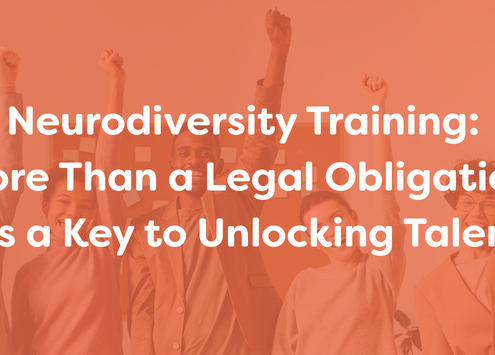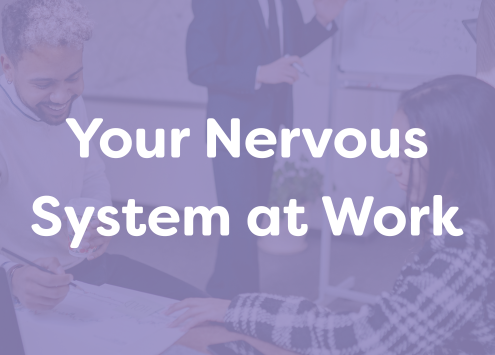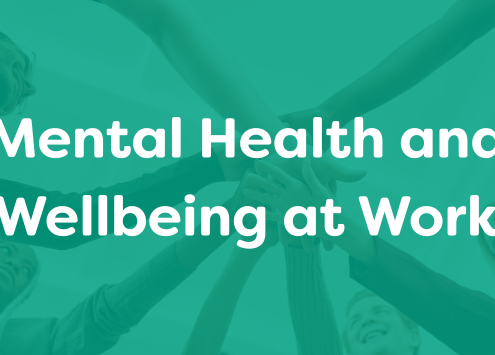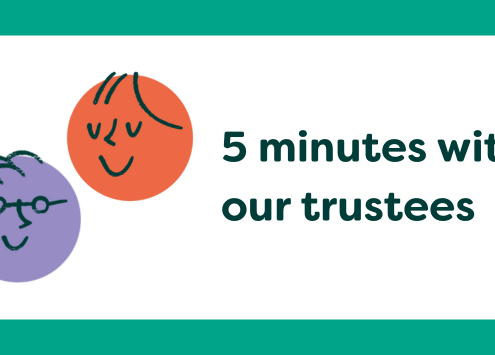 https://steponecharity.co.uk/wp-content/uploads/2025/09/Website-News-Headers-2024-1.png
355
700
Isaac Mann
https://steponecharity.co.uk/wp-content/uploads/2024/02/step-one-wellbeing.svg
Isaac Mann2025-09-12 09:52:112025-09-12 09:52:11Walking for a Cause: The Journey Behind the 300,000 Steps
https://steponecharity.co.uk/wp-content/uploads/2025/09/Website-News-Headers-2024-1.png
355
700
Isaac Mann
https://steponecharity.co.uk/wp-content/uploads/2024/02/step-one-wellbeing.svg
Isaac Mann2025-09-12 09:52:112025-09-12 09:52:11Walking for a Cause: The Journey Behind the 300,000 StepsThis World Autism Acceptance Week, we’re bringing attention to the 700,000 individuals in the UK who have autism, by educating those who aren’t aware of the condition and to make the world a nicer place for those who are affected by it.
Autism is not a mental health problem. It’s a development condition that affects how you see the world and how you interact with other people. Find out more about autism, how it can affect your mental health, and where to get support if you need it.
What is autism?
Being autistic does not mean that you have a disease or illness. It means that your brain functions in a different way from other people.
It’s either something you’re born with or something that first appears when you’re young.
Autism is a not a medical condition that can be treated or cured. However, some people require help with particular tasks.
Autism and mental health
Autistic people, like everybody else, can have good mental health however , according to autism research charity, Autistica, seven out of ten autistic people have a mental health issue such as anxiety, depression, ADHD, or obsessive-compulsive disorder (OCD).
There is little research into why this is, but it may be because autistic people experience:
- Difficulty in understanding other people’s feelings, as well as communicating their own
- Being too over or under-sensitive to things like loud noises and bright lights, as well as finding crowded, noisy spaces challenging
- Having a tendency for familiar routines and finding unexpected changes to such routines difficult or stressful
- Having an intense interest in things
- Body language, sarcasm, and facial emotions are difficult to read.
All of these traits can be experienced to different degrees. Experiencing one or more of these traits doesn’t necessarily mean you are autistic. But if these kinds of things are consistently present and are impacting upon your life, you may consider talking to your GP to discuss how you can seek a formal diagnosis.
Looking after your mental health
If you are on the autistic spectrum, just the same as any young person, it is vital that you get professional help when you need it. But it’s equally important to look after yourself. We recommend regular exercise, eating well, getting enough sleep and talking things through with people you know and trust.
You might find unexpected changes very stressful, so trying to keep daily routines as predictable as possible and this will help you to reduce anxiety.
Supporting someone with autism
If you are worried about an autistic friend’s mental wellbeing, it is important to talk to them, and encourage them to look after themselves and seek specialist help if needed.
Autistic young people might find it harder to communicate how they feel, so here are some tips that can help you to have a positive conversation:
Try to talk in a quiet, calm environment
Background noise, bright lights, and even the tiniest of sounds be quite distracting, making a challenging discussion much more difficult.
Ask closed, direct question
Open-ended questions, such as “How was your day?” can be much more difficult for autistic people to respond than more specific questions, such as “Did anything happen today that upset you?”
Find out what kind of communication works for them
It’s a good idea to find out how your friend like to communicate. Some people prefer to text, write things down, or have time to think about their answers ahead of time.
Allow enough time for them answer
It may take an autistic person some time to process and respond to your question. When you’re waiting for an answer, it’s tempting to repeat the question or rephrase it — silences may be awkward! Allow plenty of time for your friend to answer, and be comfortable with the silence.
Getting Help
If you’re in crisis and need to speak to someone:
Call NHS 111 (for when you need help but are not in immediate danger)
Contact your GP and ask for an emergency appointment
Contact the Samaritans by calling them on 116 123 or email at jo@samaritans.org
Use the ‘Shout’ crisis text line – text SHOUT to 85258








![Graphic with quote reading: “You met me at one of the most difficult times and seeing the difference you’ve made is amazing [...] Please keep doing what you do. You change lives.”](https://steponecharity.co.uk/wp-content/uploads/2025/04/Website-News-Headers-2024-33-495x355.png)

